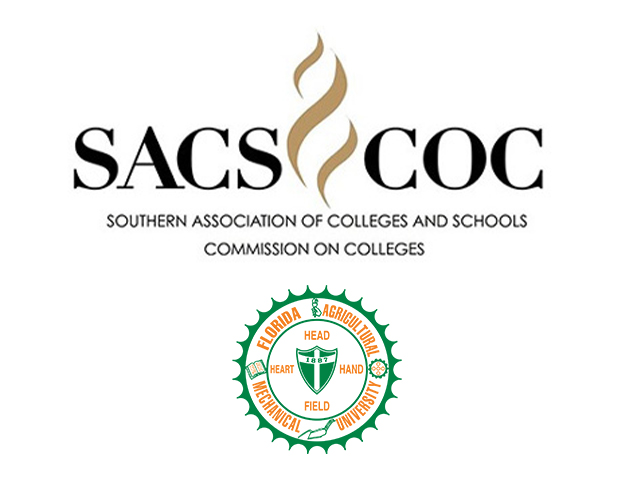Strategic Planning, Analysis and Institutional Effectiveness
SPAIE Divisions, Offices & Resources

Data and Dashboards
Learn MoreInformation displayed via a graphical user interface for and at-a-glance view of key performance indicators.

SACSCOC
Learn MoreFAMU is accredited by the Southern Association of Colleges and Schools Commission on Colleges to award associate, baccalaureate, masters, professional and doctorate degrees.

Strategic Plans
Learn MoreFAMU will rise to set new benchmarks among our peers and become an aspirational institution for others.Larry Robinson, Ph.D, 12th president of FAMU

The Office of Institutional Effectiveness
Learn MoreThe Office of Institutional Effectiveness spports university wide strategic planning and coordinating systematic monitoring of progress on strategic goals

The Office of Institutional Research & Analytics
Learn MoreThe Office of Institutional Research & Analytics (OIRA) works collaboratively with all members of the university community to enhance the educational mission as set forth in the University's Strategic Plan.

The Office of University Assessment
Learn MoreThe assessment program at FAMU aims to promote a culture of continuous improvement. It is an integral component of the University’s commitment to sustaining and enhancing academic quality and student experiences.
FAMU Strategic Priorities
- Goal 1: Enhance pathways to degree attainment
- Goal 2: Achieve national distinction for success in retention and graduation rates
- Goal 3: Increase the proportion of students completing high-impact co-curricular experiences to 60%
- Goal 4: Increase the number of students graduating from programs in areas of high employer demand
- Goal 5: Strategically enhance campus residence, athletics, recreational, instructional and research facilities
- Goal 1: Promote faculty excellence by recruiting, supporting and retaining a diverse faculty with a commitment to teaching, research, and community engagement, consistent with a doctoral-research university
- Goal 2: Maintain and develop sustainable state-of-the-art facilities that support the academic enterprise of the University
- Goal 1: Expand and enhance cutting-edge research and creative scholarship for the benefit of the state of Florida, the nation, and the world
- Goal 2: Increase research productivity, commercialization and return on investment
- Goal 3: Increase the number of nationally recognized graduate programs
- Goal 4: Provide outstanding outreach and extension services in the tradition of a land-grant institution
- Goal 1: Enhance the University fundraising infrastructure and capacity to generate increased support for the University
- Goal 2: Enhance public-private partnerships to support teaching, research, and service
- Goal 3: Build and lead strong networks of supporters and partners
- Goal 4: Implement effective communication and marketing initiatives to increase visibility and promote the FAMU brand
- Goal 5: Leverage the distinctive capabilities and signature programs of the University to strengthen the FAMU brand and economic viability of the University
- Goal 1: Recruit, develop, and retain diverse and excellent staff
- Goal 2: Adopt a new budgeting model to support institutional strategic priorities more effectively
- Goal 3: Improve transparency and strengthen internal controls to improve compliance and support strategic decisions
- Goal 4: Enhance business processes to improve efficiency and cost effectiveness in University operations
- Goal 5: Leverage technology and establish a data-driven culture
- Goal 1: Develop and maintain a University-wide culture of service excellence
- Goal 2: Sustain superior service levels with ongoing monitoring, accountability, and recognition programs to reward excellent customer service
The Florida Board of Governors is a 17-member governing board that serves as the governing body for the State University System of Florida, which includes all public universities in the state of Florida including Florida A&M University.





